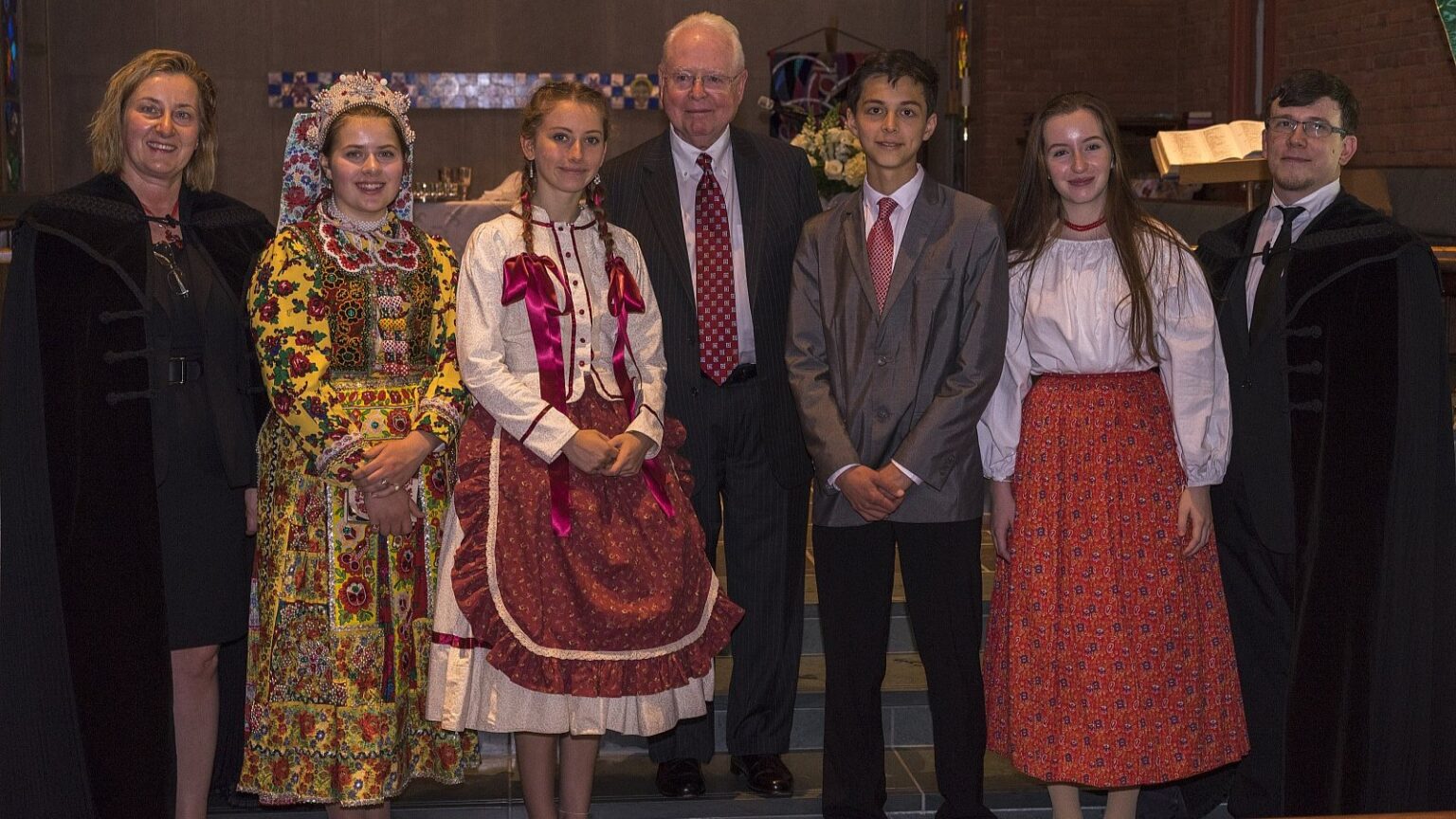
‘The idea of becoming a congregational pastor matured in me in America. We managed to visit my grandmother several times, who fled Hungary in 1956 and lived in New Jersey…In 1996, however, I felt that I’d like to come to America properly, look around, and talk to fellow pastors. That was when I first felt that perhaps I should try my hand at congregational ministry.’

‘I received a scholarship that covered tuition fees, but the cost of living was very high. Alongside two training sessions a day, I had to study and also work—as a waiter—in order to be able to pay for accommodation…With the university team, we won the Eastern Championship, defeating universities such as Harvard, Princeton, Brown, and the Navy’s team, too.’

‘It isn’t easy to find proper intellectual work here. We talked with the Hungarian ambassador about work possibilities, and it came up that there were more and more Hungarian children in Tokyo, so perhaps I could try founding a Hungarian weekend school—there might be interest.’

‘The radio goes on air every weekend, yet people are less and less willing to join in and sacrifice time for the community. Until we find someone who falls in love with the radio—and through it, falls in love with the Hungarian community—we have no chance of ensuring the radio’s survival. We’ll keep doing it until the microphone falls out of our hands…’
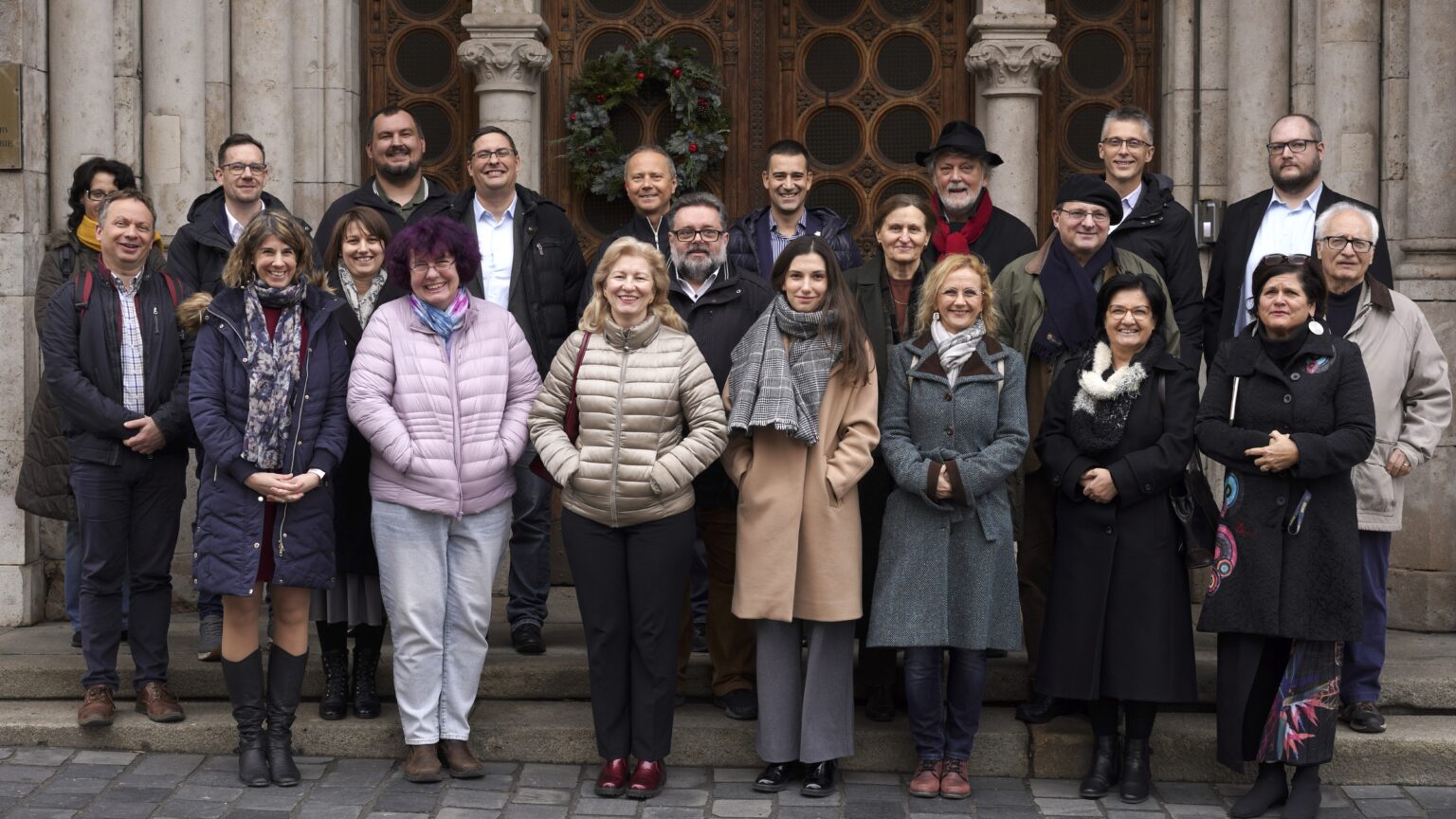
‘Although Hungarian emigration to the U.S. has been widely researched, far less attention has been given to the hundreds of thousands who, after spending years abroad…eventually came back to Hungary. The program aims to highlight this lesser-known heritage and call attention to the rich family archives, documents, and memories that still exist but remain unexplored.’
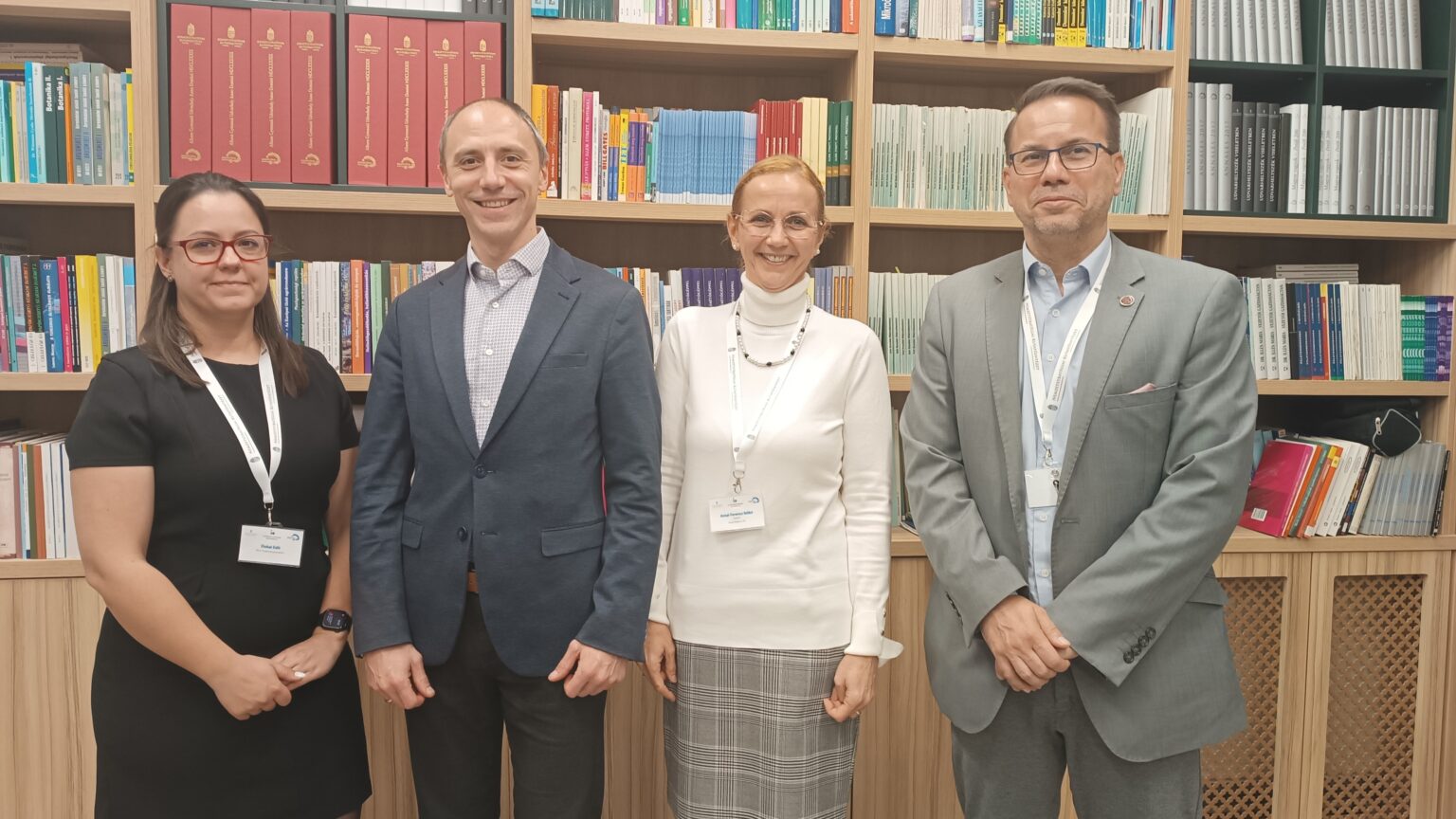
‘In the era of modern migration, the situation of individuals and communities living beyond a country’s borders has growing importance from both national strategy and national policy perspectives. It is considered unique even in an international context that the totality of the Hungarian nation consists of three distinct components…’
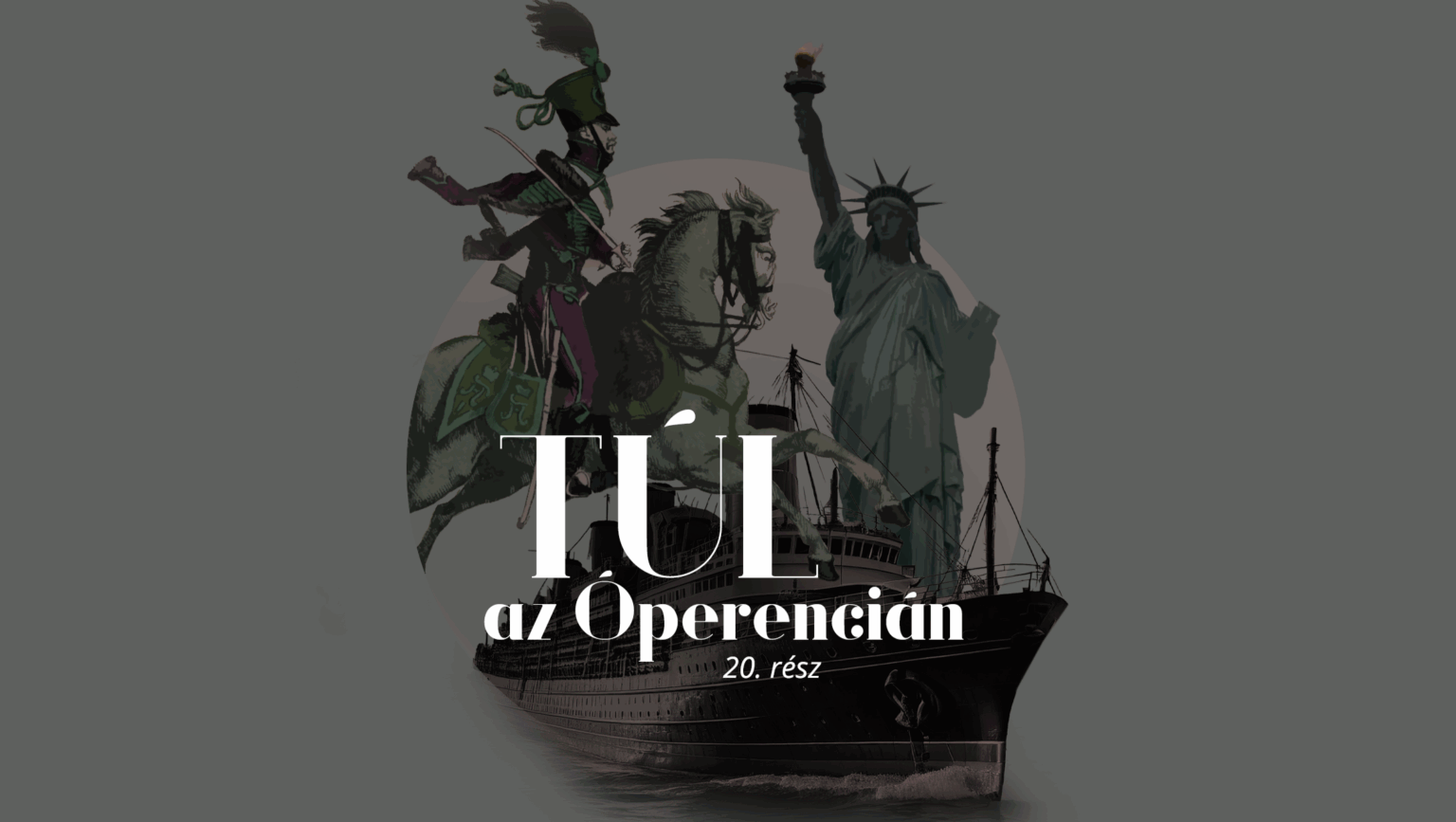
In its ‘Beyond the Óperencia’ series, Magyar Krónika is looking at the meeting points of America and Hungary, and at Hungarians in America, from penniless peasants to political emigrants and soldiers of fortune. In this section, let us introduce a mysterious woman who spent perhaps the most beautiful period of her overall tragic life overseas.
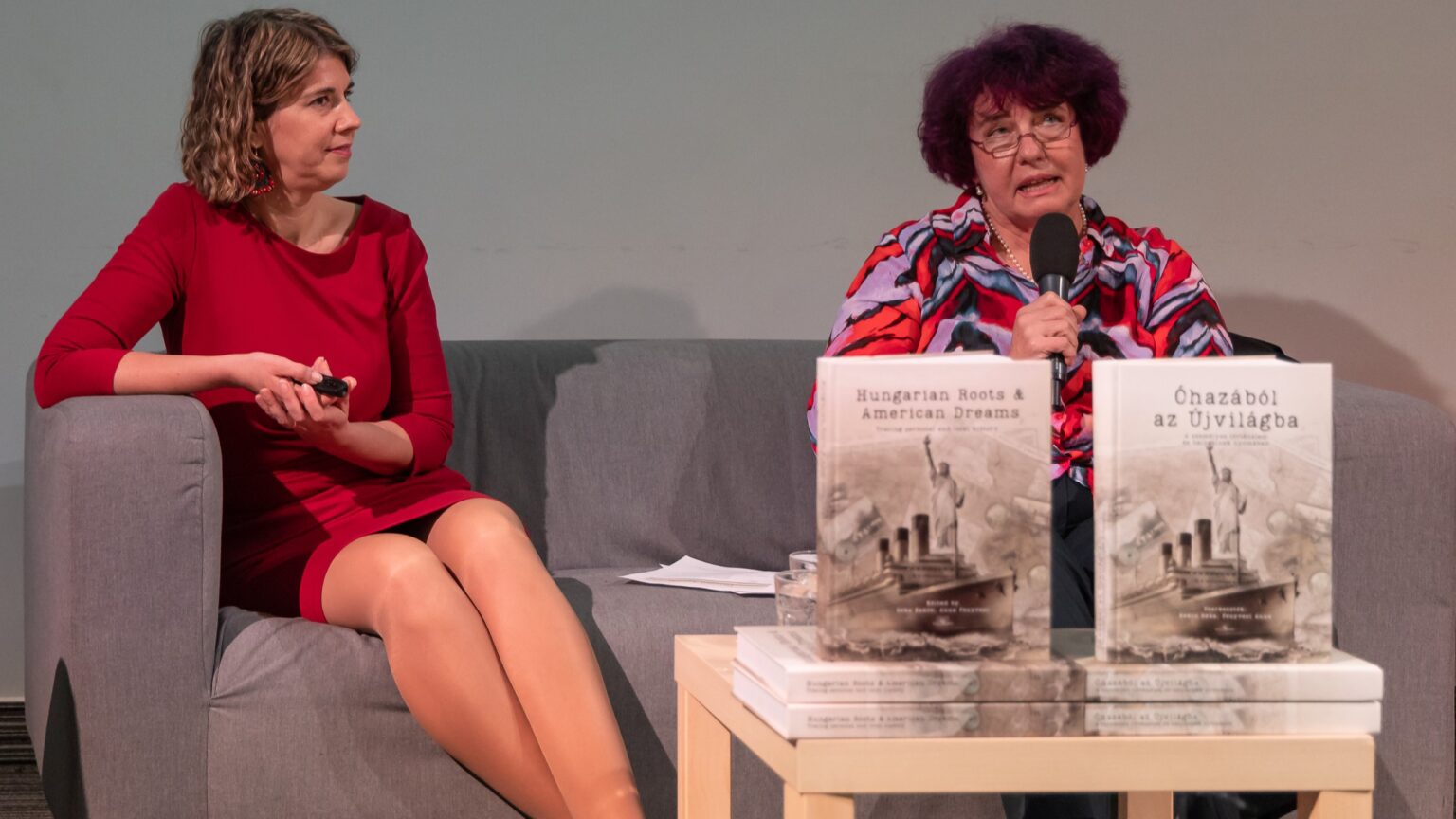
‘The books primarily focus on the U.S. and represent a “beautiful and high-quality imprint” of the Hungarian diaspora there…the project could be continued to include Hungarians living on other continents, and these works should reach every Hungarian community.’
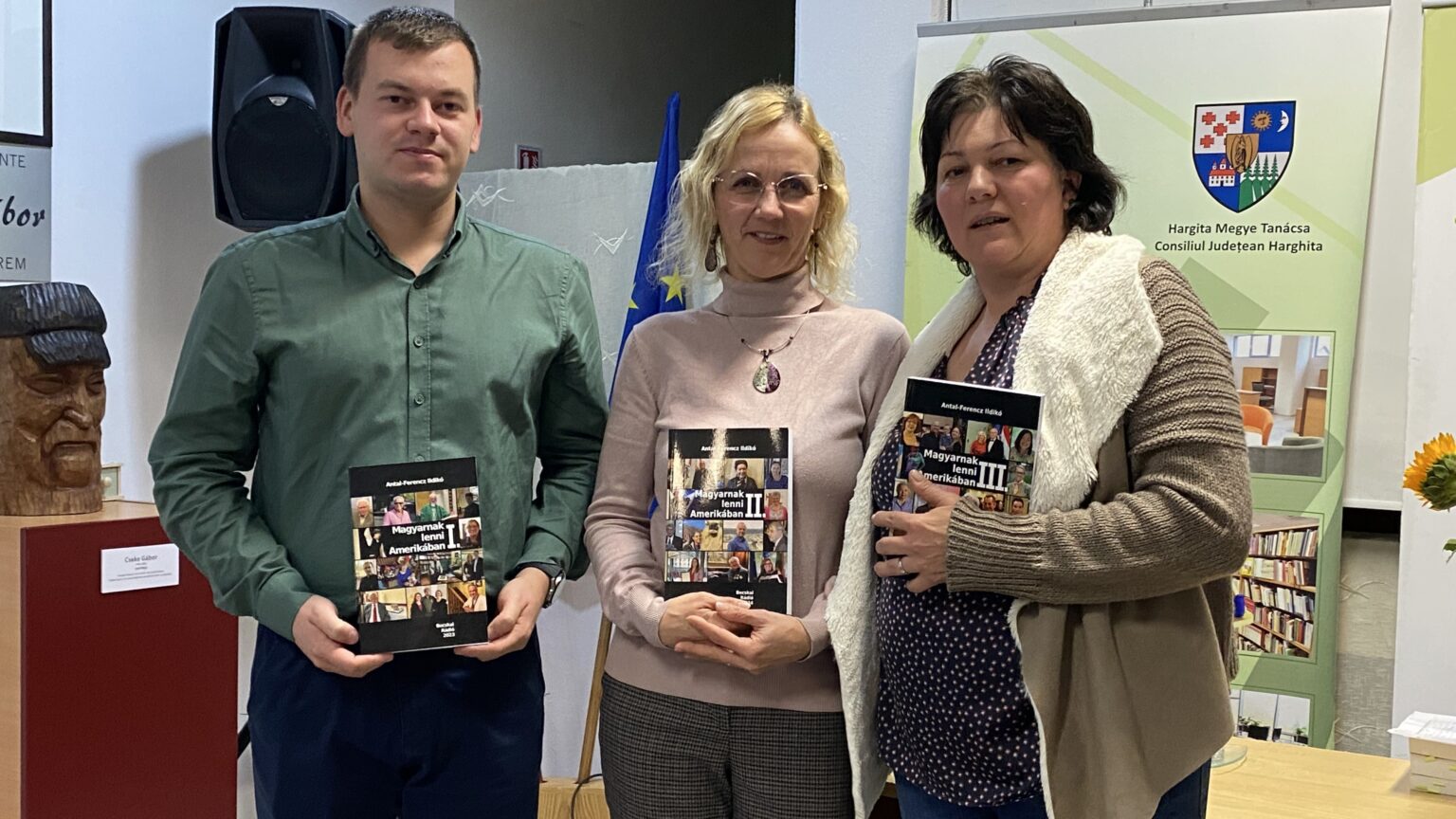
‘I conducted my first interview with the Hungarian parish priest of Passaic, NJ. For me, that interview offered a first glimpse into a very interesting kind of Hungarian world that had been completely unknown to me until then…It seemed to be a professionally fascinating, distinctive hidden world that deserved to be explored in depth.’

‘I wasn’t sure whether Gyula was interested romantically or only as a friend. When I asked him, he answered: “I don’t know. I find you interesting, but I have children, and they are my top priority.” I replied to him: “If you had answered anything else, I wouldn’t be as interested.” In the end, instead of Hungary, I chose Gyula…I found my true home beside him.’
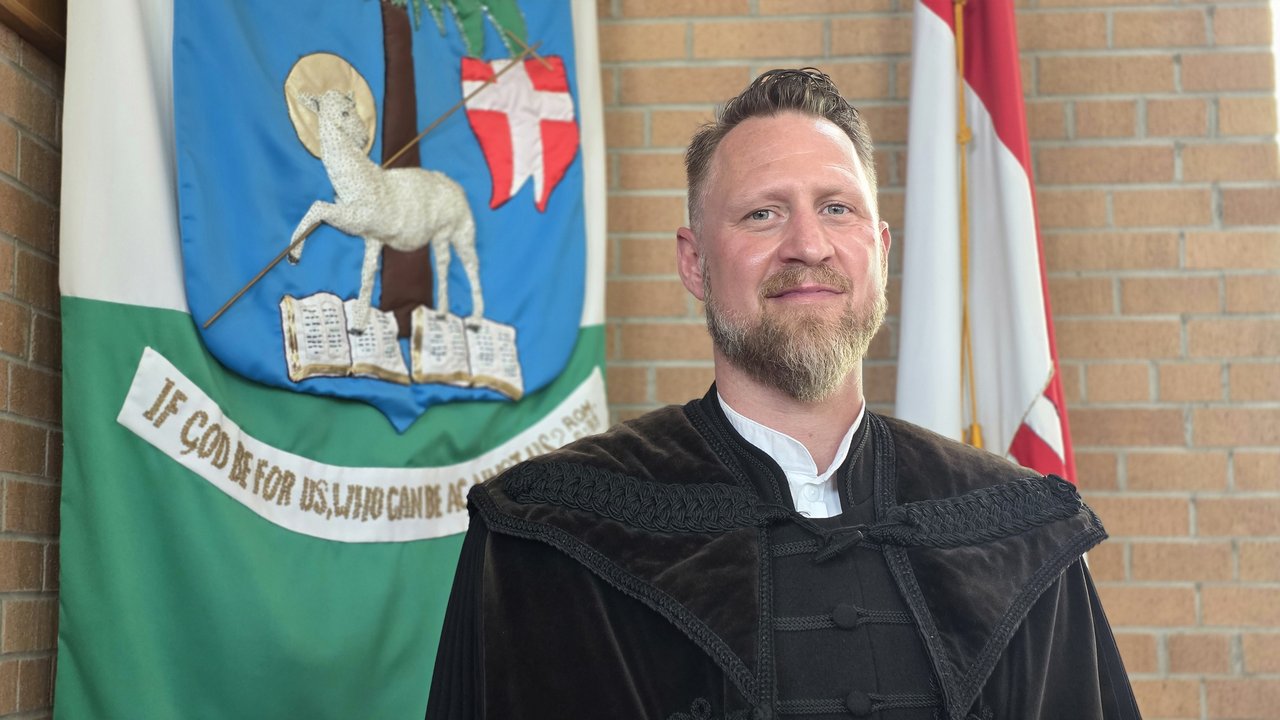
‘It’s not easy to define, to experience, and to decide why we live in the present rather than the future…It’s hard to attract new members when families have so many other options for the weekend…Still, in four months, we’ve gained back several old friends and some new families. That’s why the scripture “hold on to what you have” echoes in me.’

‘Olivia wanted to ride horses, which…is very expensive…I had to come up with a solution. I started by making pancakes once, with a donation-based system. Neighbors were incredibly generous…Similarly, when Emma left for Texas, a friend left $200 in an envelope for her—just slipped it through the door…It showed me that human kindness and helping young people aren’t determined by nationality.’
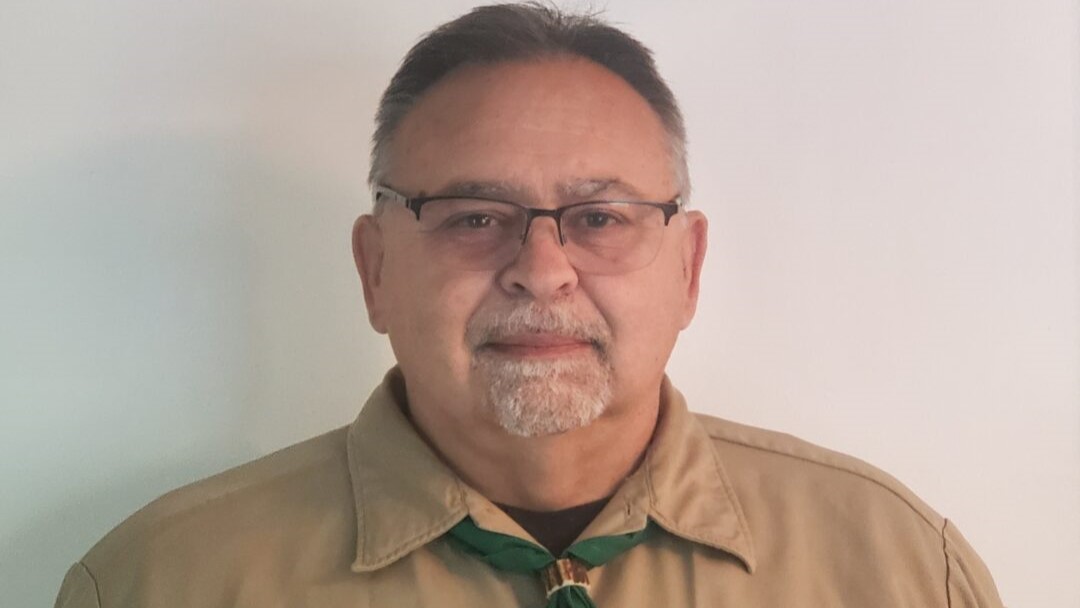
‘There was a circus nearby, and I got a job shoveling after the elephants…My mother was hardworking and resourceful. She always pushed me to go see things. We saw Rome, Pompeii, and the Vatican—we traveled all over Italy, which made time pass faster. Meanwhile, we waited every day for our names to appear on the list—to get a sponsor so we could leave the camp.’
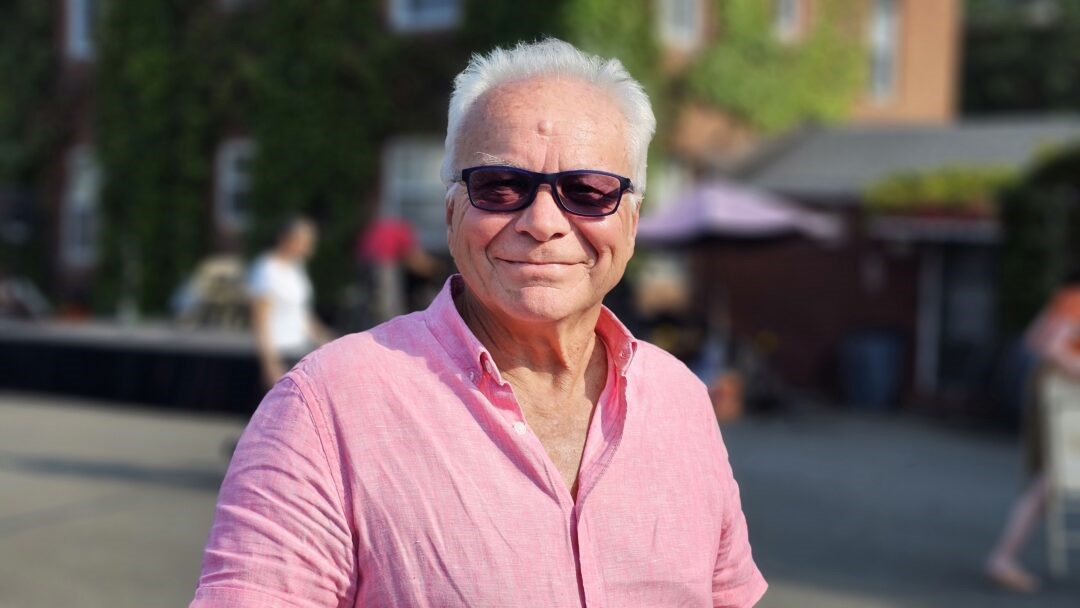
‘Réka and I work together to achieve our goals. To me, one plus one equals three, not two. When we combine our skills, we create something greater—the best possible outcome we could achieve together.’

In its ‘Beyond the Óperencia’ series, Magyar Krónika is looking at the meeting points of America and Hungary, and at Hungarians in America, from penniless peasants to political emigrants and soldiers of fortune. In this part, let us present the story of Dr Arthur Wadgymar, who had a quite unbelievable life…
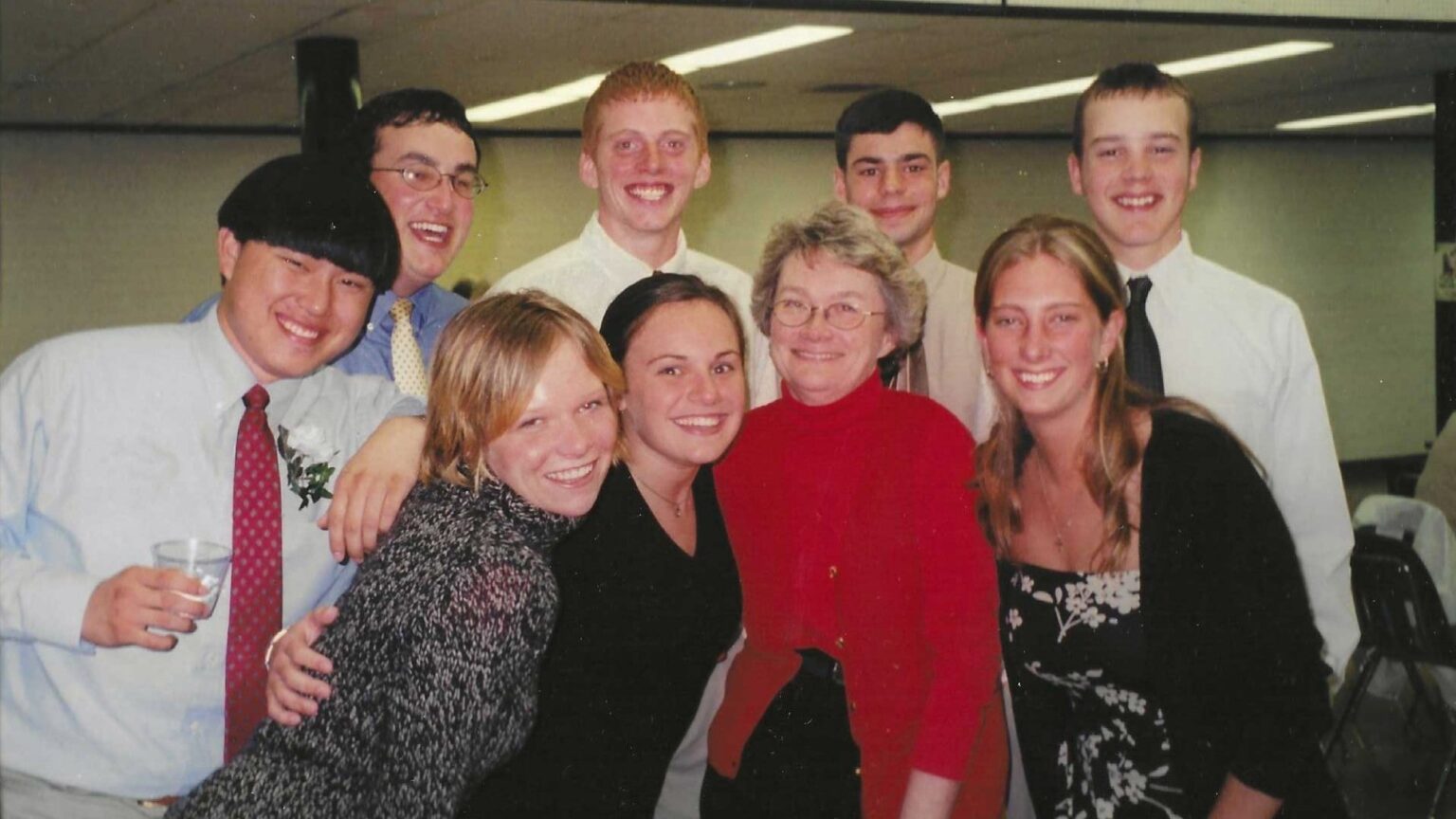
‘I believe that anyone who comes here values Hungarian identity, including young people present here, and we should appreciate that…The children’s program started because parents wanted to attend the lectures. That’s why it’s so important that it continues, and that’s why I committed to it for so long. But a person must also know when to stop.’
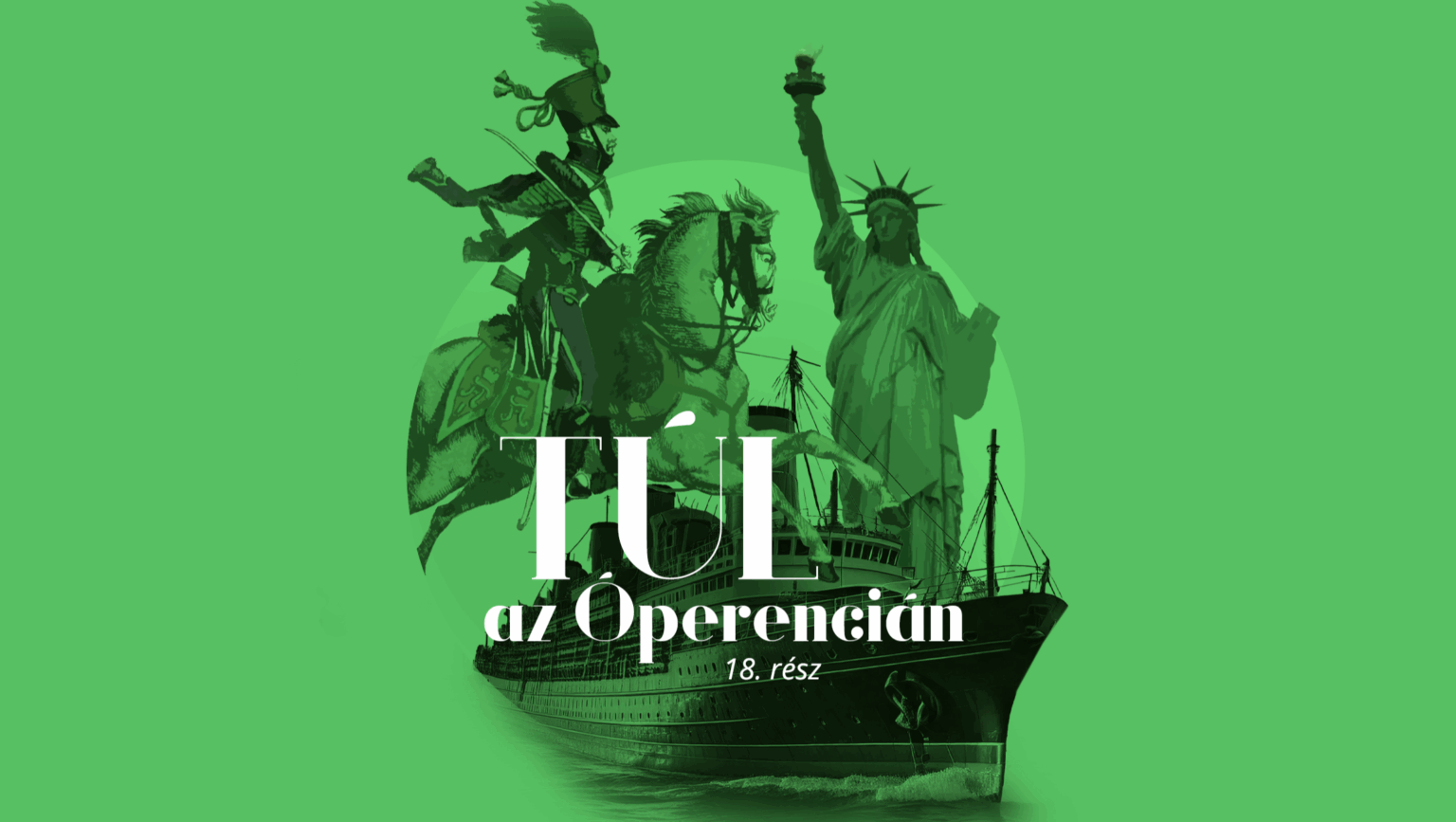
In its ‘Beyond the Óperencia’ series, Magyar Krónika is looking at the meeting points of America and Hungary, and at Hungarians in America, from penniless peasants to political emigrants and soldiers of fortune. This part will be about a recidivist conman, George Robert Gabor, who has been deported from the country several times and even sentenced to prison.
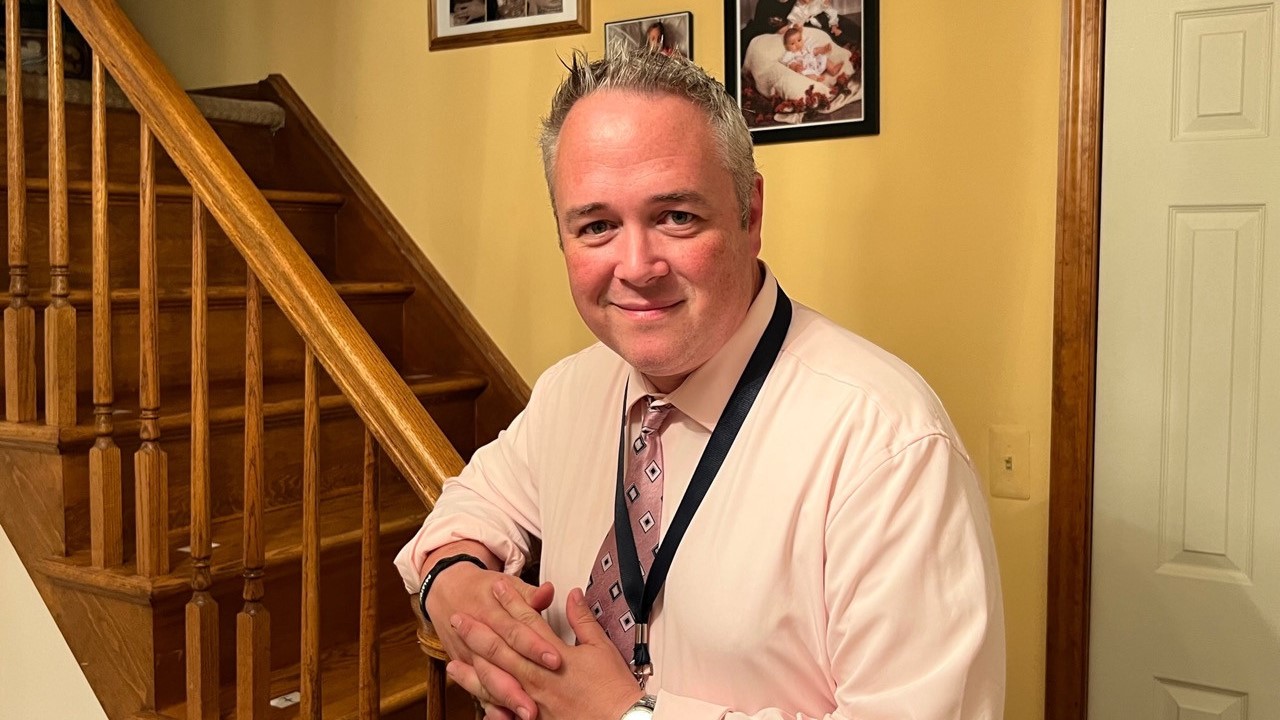
‘While some of our American school friends spent Friday nights socializing, we preferred to dedicate our time to our Hungarian community. Later, my enthusiasm for scouting leadership only grew. I never felt burnt out because I truly loved every task. This was possible because I was surrounded by supportive people who shared my passion.’

In its ‘Beyond the Óperencia’ series, Magyar Krónika is looking at the meeting points of America and Hungary, and at Hungarians in America, from penniless peasants to political emigrants and soldiers of fortune. In this part, let us continue the story of Joseph Pulitzer, who published a series of exposés on dubious transactions surrounding the Panama Canal, for which the federal government sued him.
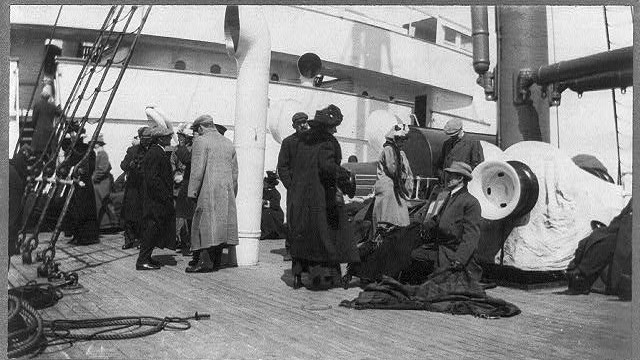
Bishop Péter Vay was on board the steamship Carpathia when the survivors of the Titanic were rescued.
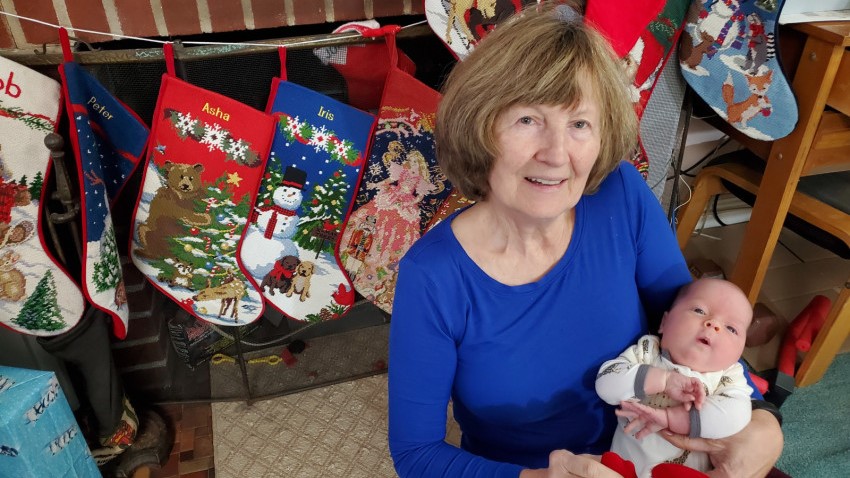
‘The Votin family joined the Hungarian community, motivated by learning the Hungarian language and scouting experiences to be provided for their children. The school…was closely linked to the St. Stephen’s Church. The last Franciscan friar, Father Domonkos Csorba, strongly supported them—he kept tuition low and mediated conflicts between the English-speaking and Hungarian-speaking members.’
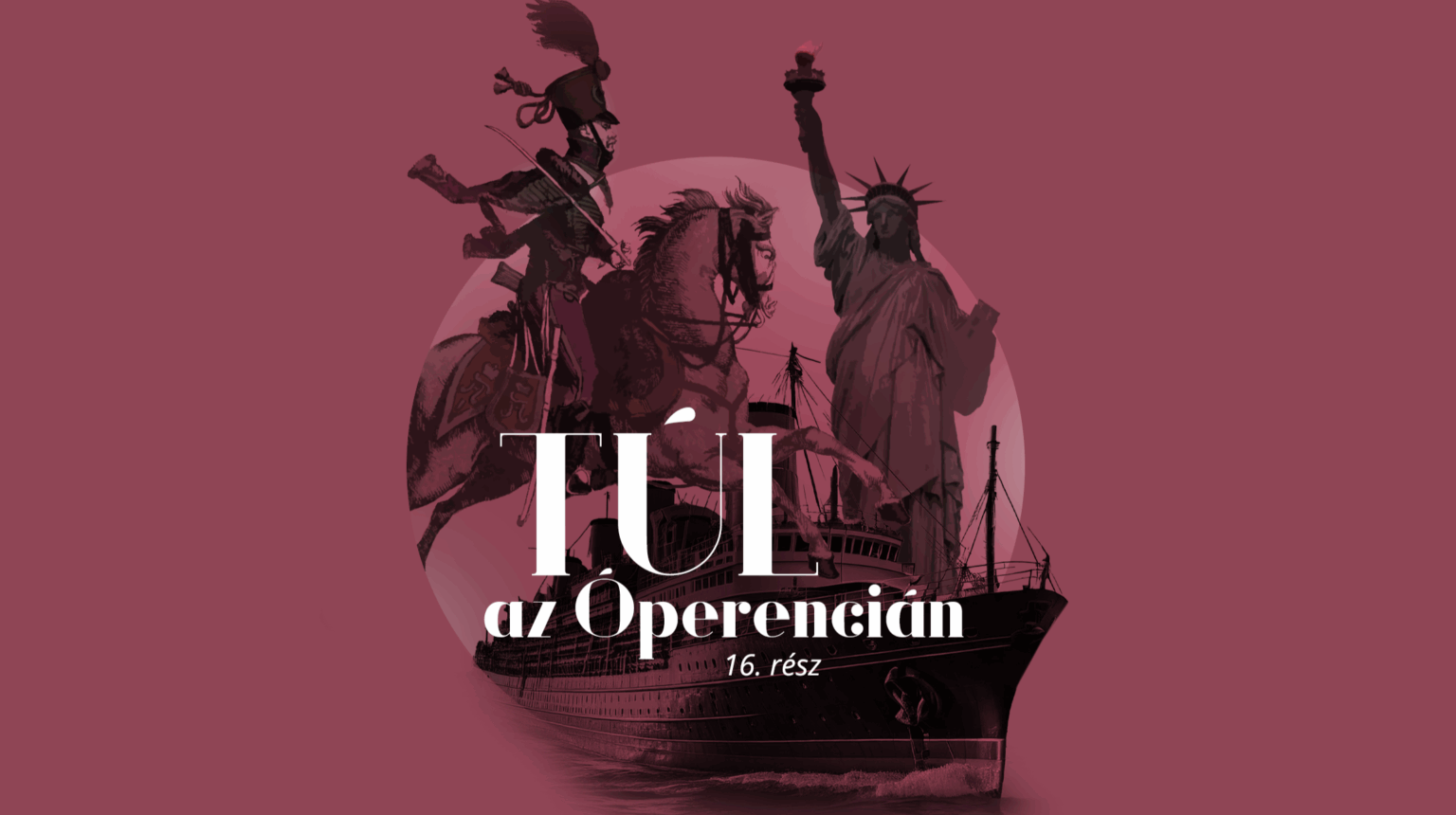
In its ‘Beyond the Óperencia’ series, Magyar Krónika is looking at the meeting points of America and Hungary, and at Hungarians in America, from penniless peasants to political emigrants and soldiers of fortune. In this section, let us go on with the story of Joseph Pulitzer, whose newspaper played a leading role in stirring up readers in the run-up to the Spanish–American War.

‘Suddenly, a very pretty lady appeared in front of me…And she told me straight out: “On Wednesdays, you’re coming to our folk dance session. My brother will drive you back and forth.” I liked her confidence, and of course, I gladly went—after all, I loved dancing, and I had time for it.’

In its ‘Beyond the Óperencia’ series, Magyar Krónika is looking at the meeting points of America and Hungary, and at Hungarians in America, from penniless peasants to political emigrants and soldiers of fortune. In this part, let us continue the story of Joseph Pulitzer, who intervened just in time when the American public and the press were almost on the brink of war.
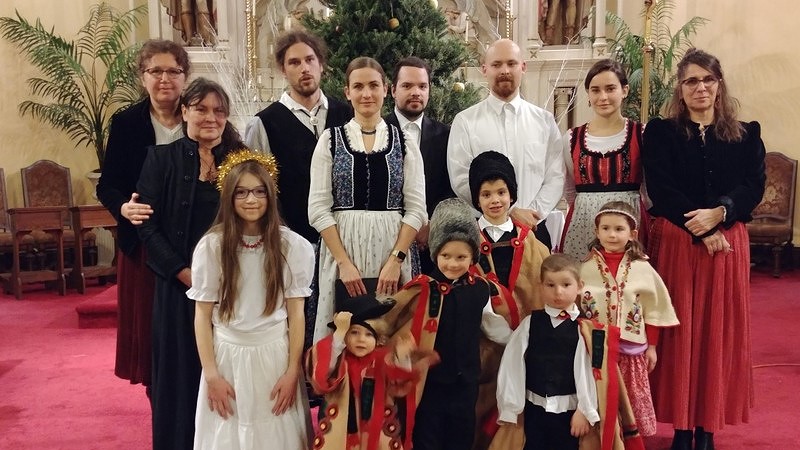
‘I walked into the Garfield Scout House and enthusiastically presented my plans—singing, reciting poetry, reading, and analyzing short stories and poems. I was surprised at how excited the second- and third-generation youth became…They were genuinely interested because they had grown up hearing these stories.’
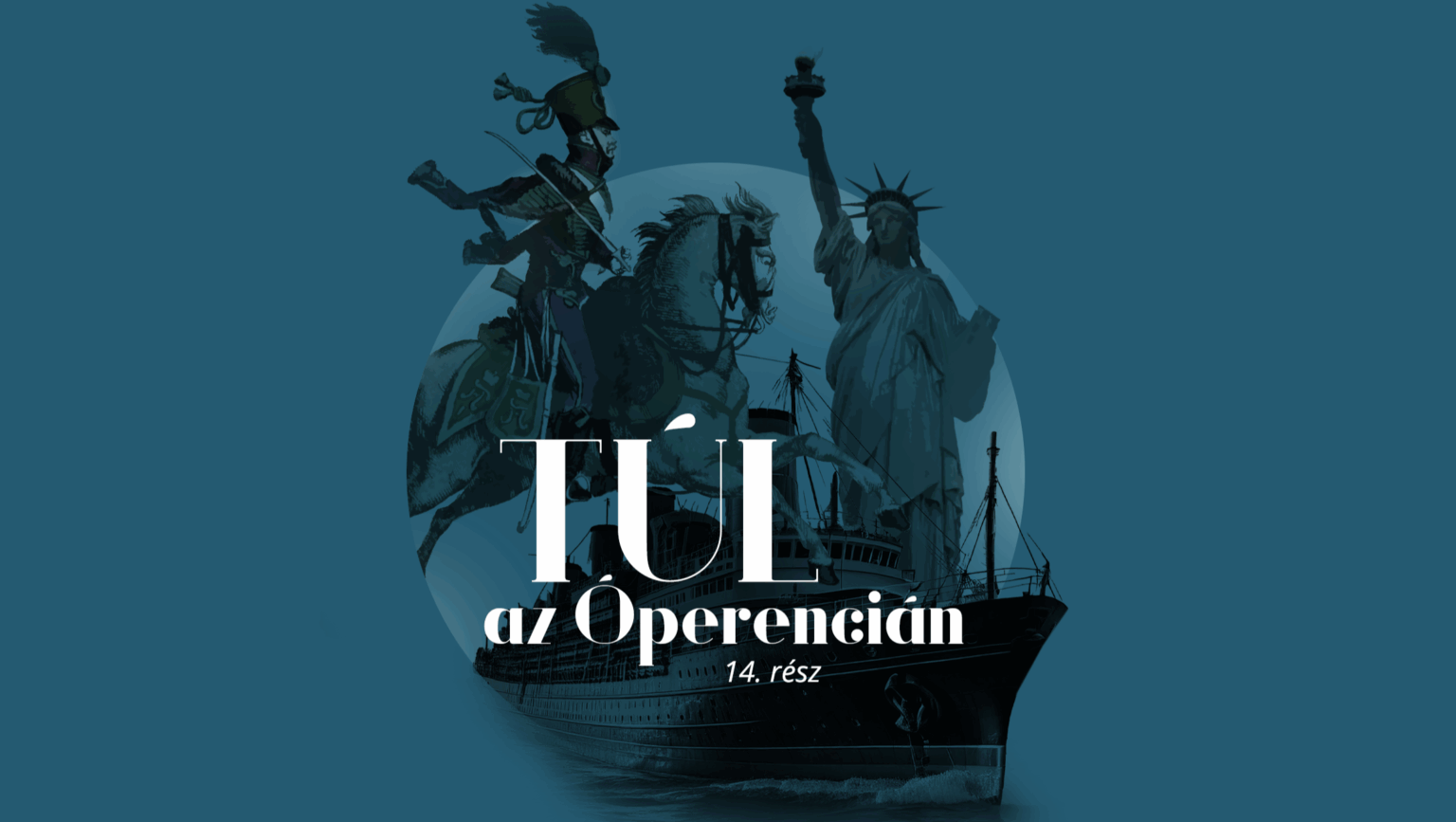
In its ‘Beyond the Óperencia’ series, Magyar Krónika is looking at the meeting points of America and Hungary, and at Hungarians in America, from penniless peasants to political emigrants and soldiers of fortune. In this section, let us continue the story of Joseph Pulitzer, whose creative press campaign helped Grover Cleveland become President of the United States.
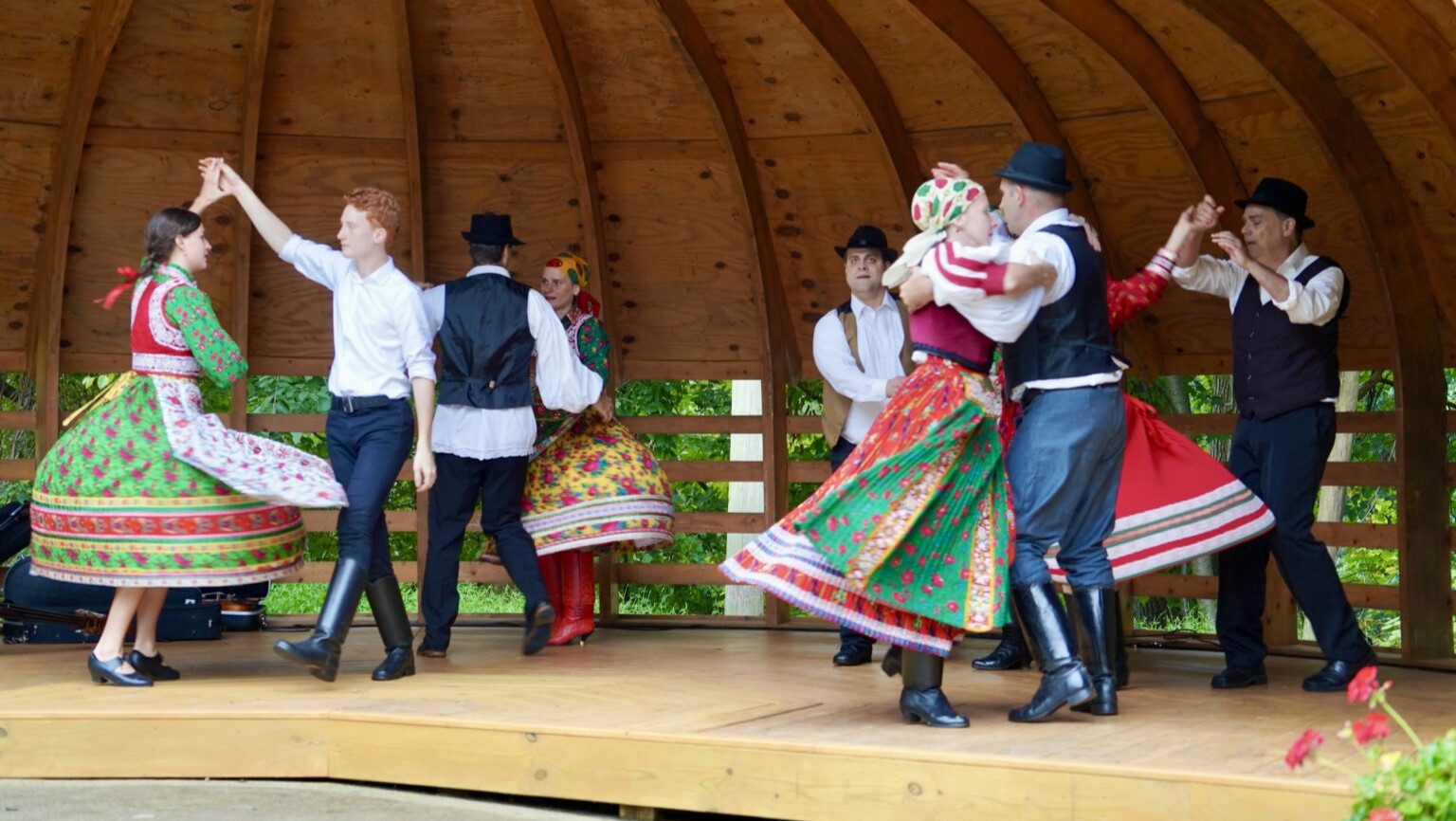
‘Gábor had mentioned that Pontozó is not about point-based scoring. Melinda added: “The festival is not about the competition—it’s about the opportunity to perform and the joy of being together. There will be no rankings, only evaluations, ensuring every participant receives recognition.”’
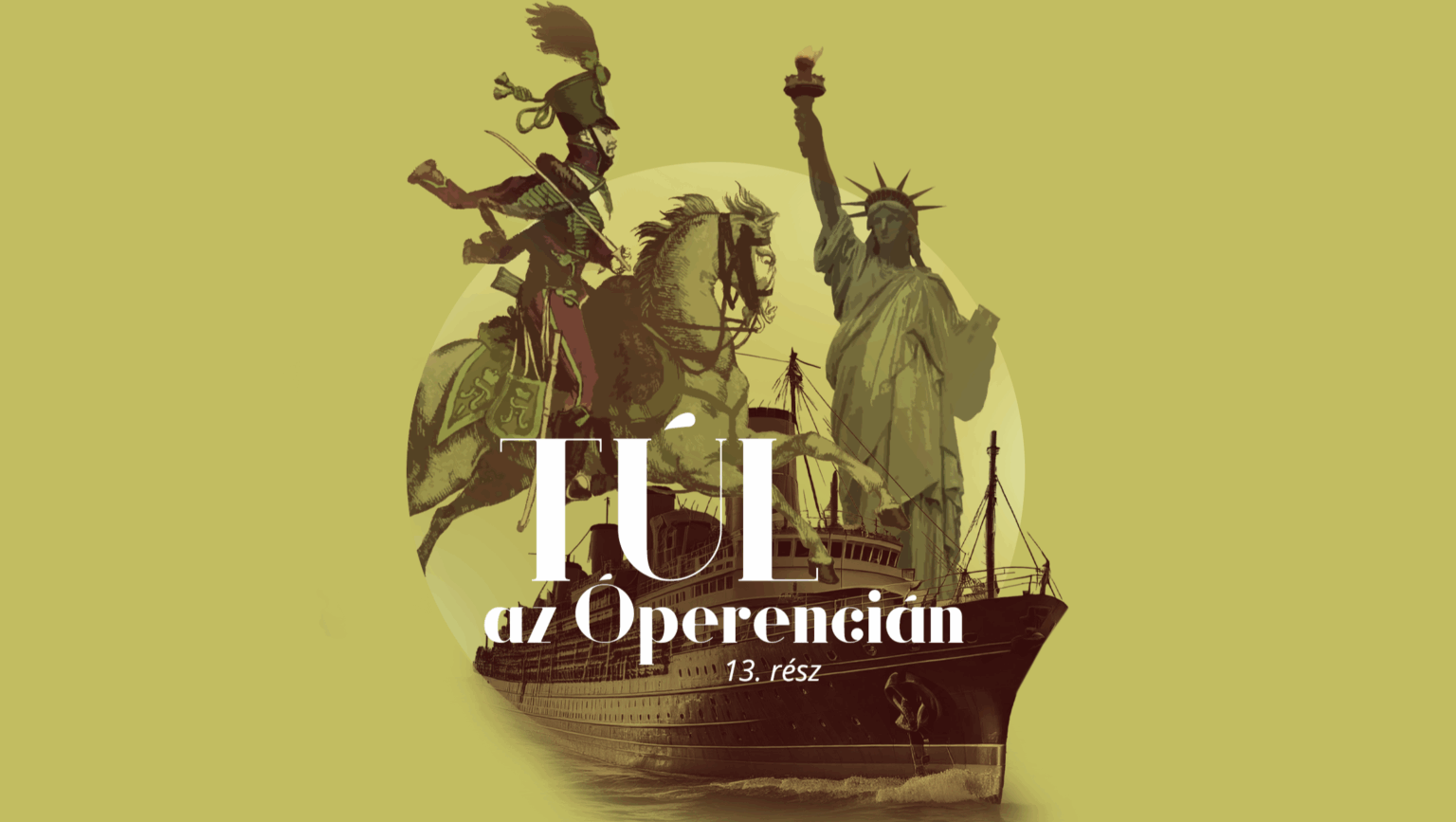
In its ‘Beyond the Óperencia’ series, Magyar Krónika is looking at the meeting points of America and Hungary, and at Hungarians in America, from penniless peasants to political emigrants and soldiers of fortune. In this part, let us continue the story of Joseph Pulitzer, who, as a press magnate, considered education, opinion-forming, and influence to be his primary goals.
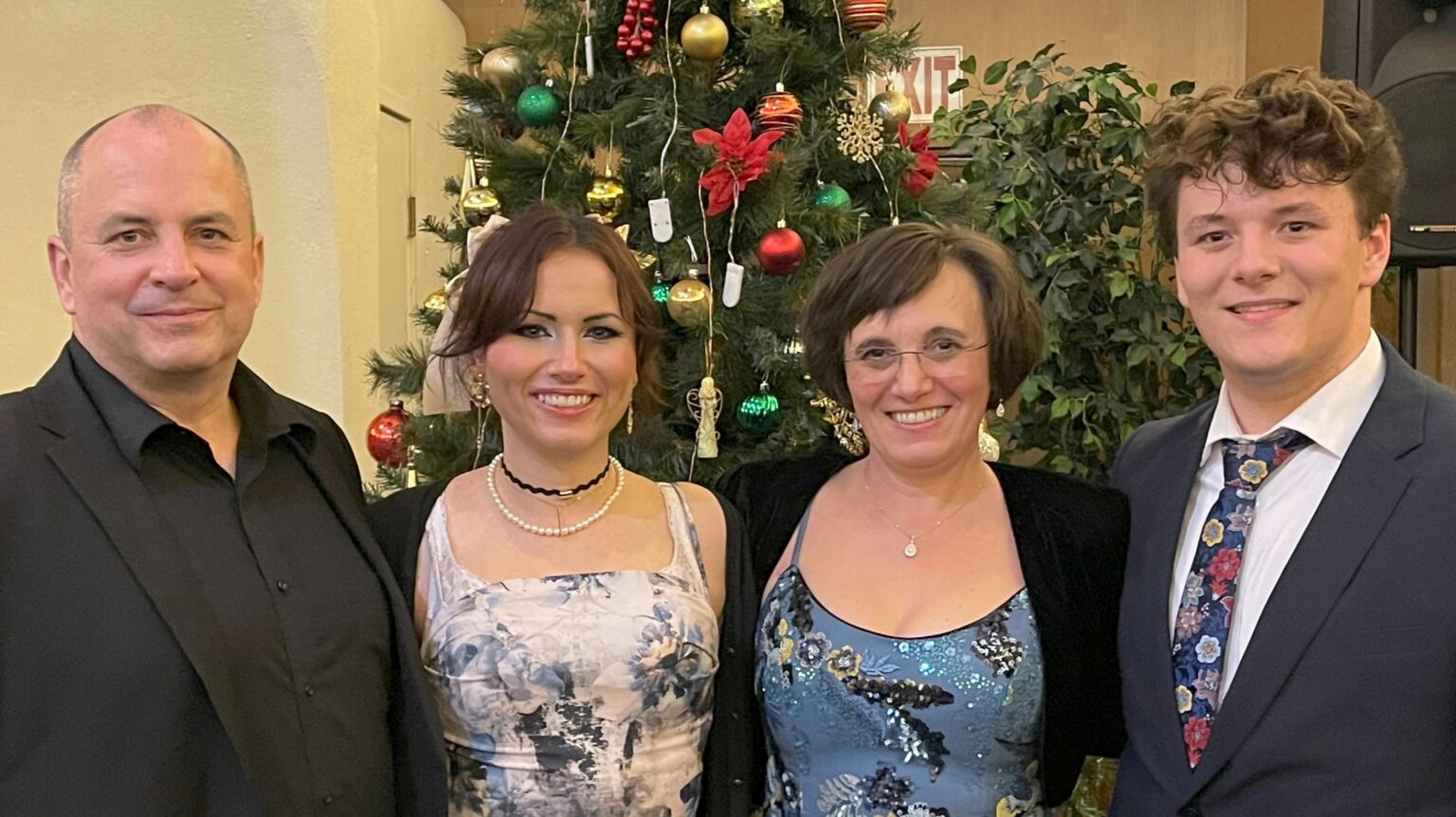
‘Again and again, I find myself marveling at how beautifully God arranges everything. From the way we found this place, to how we were able to purchase it, to the way the Hungarian Cultural Center was established—it’s clear that His hand has guided us through it all.’
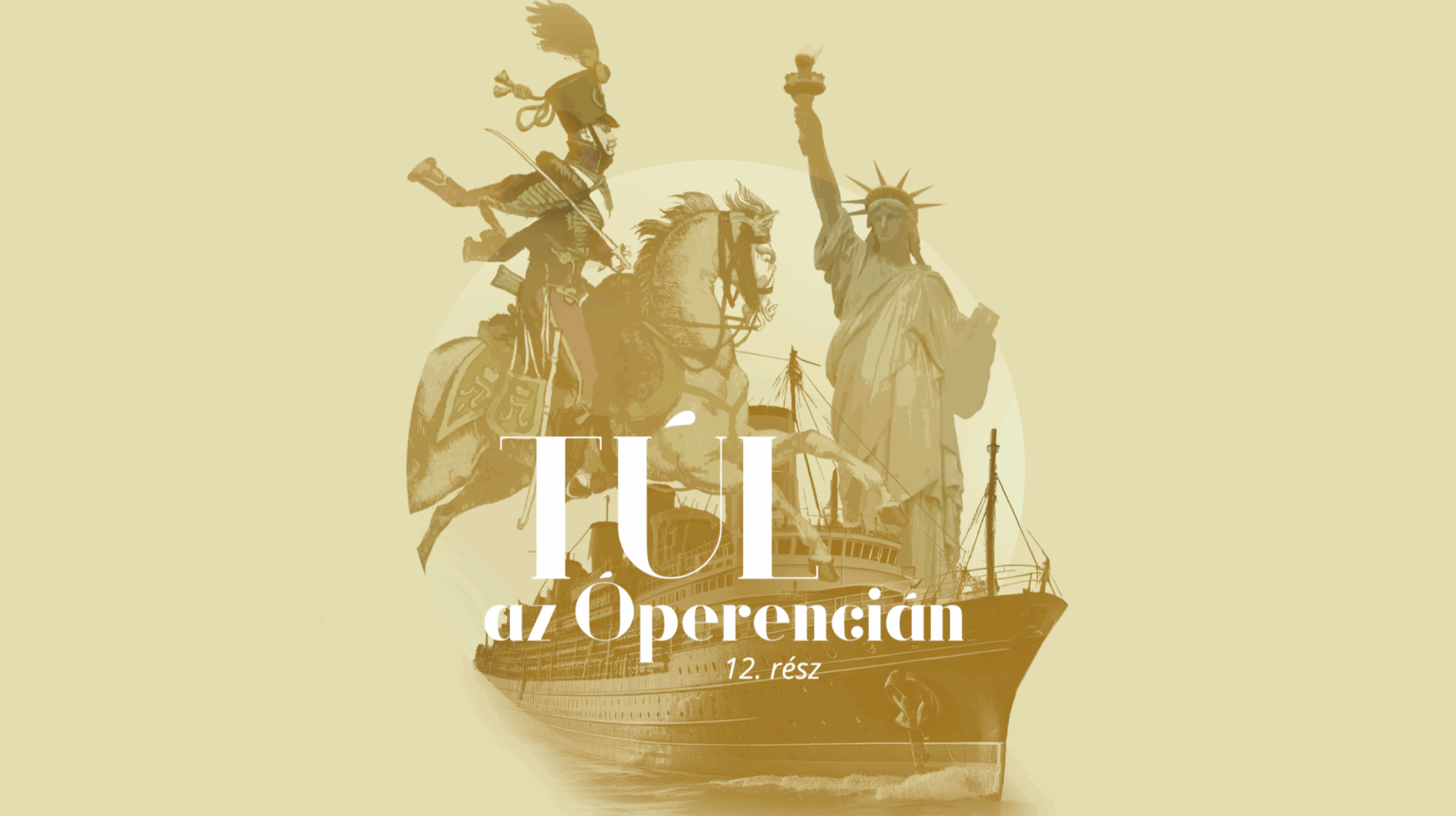
In its ‘Beyond the Óperencia’ series, Magyar Krónika is looking at the meeting points of America and Hungary, and at Hungarians in America, from penniless peasants to political emigrants and soldiers of fortune. In this part, let us continue the story of Joseph Pulitzer, who, as a Democratic representative from New York, could even serve in Congress, but eventually chose the ‘fourth branch of government’ instead.